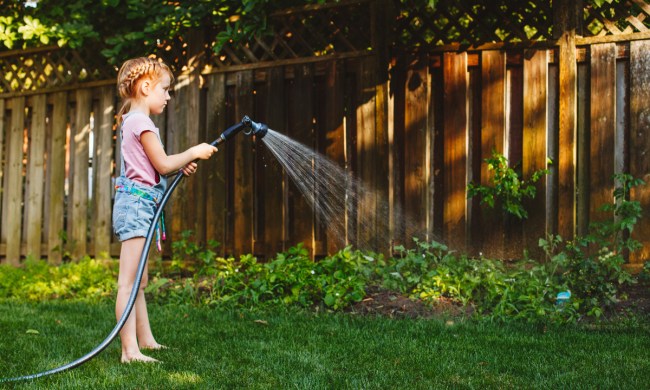Playing video games is a leisure activity worldwide for kids and adults. This activity, when enjoyed for a limited number of hours each week, can bring benefits and enjoyment to kids. However, too much game time can have adverse effects. The debate on the selection of games for kids has been lingering for a while now. One such debate centers around an appropriate Fortnite age. Whether the kids should be allowed to play Fortnite or what the right age should be for playing the game is a burning issue for many parents. This article will throw a spotlight on this topic along with expert opinions.

What is Fortnite?
Fortnite is an online multiplayer video game with three distinct modes. The most popular version is Fortnite Battle Royale where 100 players can play together, alone, in a duo, or in a group of three or four players. At the onset of the game, the weaponless players are introduced to the game where they search for weapons and other resources. Another mode that’s available is called “Save the World”. Since this mode requires an entry fee of $50, it is not extremely popular. However, by setting the parental controls on your game system, you’ll never have this worry.
Is Fortnite violent?
As mentioned, Fortnite may not have the realistic details that other video games are known for. Still, you should keep a few facts in mind as you make your decision about the best Fortnite age for your child, as the characters dealing with weapon-like objects that are almost identical to shotguns and rifles. As noted by Luisa Gatto, a Parent Coach and Board-Certified Behavior Analyst at My Serene Family, there are more aspects to consider:
“The game is rated for 12 to 13-years-old and above mainly for the violence present in the game. But there are also other dangers to be considered. Surely, Fortnite is not a game for younger kids, but even for 12 and above it depends on the kids and some factors, such as the ability to move online and to recognize the risks, parental control and limitations, open discussion about violence and language used in the chat, the sharing of basic online safety rules, and also the parents’ knowledge and understanding of the game.”
Is Fortnite bad for kids?
Another characteristic of this game is its seemingly addictive quality. In fact, some teens and tweens have been found playing during their classes. Some parents also worry about the game consuming their kids’ time and energy to the point of disrupting their daily routine, sleep cycle, and homework.
A survey conducted by Common Sense Media (in partnership with Survey Monkey) showed that one out of five parents found it challenging to get their kids off the game, and a quarter of them showed their real concern about how much time their kids were spending on the game. Plus, out of all the teens who participated in the poll, 27 percent stated that they played Fortnite instead of focusing on instruction during their classes.
Thus, the attraction that the game holds for youngsters shouldn’t be taken lightly. Nonetheless, at the end of the day, you have the final say about the settings on your kids’ devices and the ability to check their history to see when they have been playing.

At what age should I let my kid play Fortnite?
What should be the ideal Fortnite age? It is the question hovering around the mind of the concerned parents. The Entertainment Software Ratings Board has suggested that the ideal Fortnite age should be 13 or above giving it a T rating for violence. However, Randy Kulman, a child clinical psychologist noted that while many children younger than 12 also play Fortnite, he had concerns about the game’s impact on their development. For instance, he observed how the game’s strategy encourages a player to place his or her needs and wants above those of others, which could have a negative impact on a person’s personality later in life.
Although the rating for Fortnite age has been set to “Teen,” you’ll need to keep the previously mentioned warnings in mind along with your child’s habits and personality. Reaching the age of 13 doesn’t signal the go-ahead, especially if kids are chatting with strangers or risking exposure to scam artists or cyberbullying, as noted by Gatto. As Kulman emphasized, you might talk with your children about the game’s content, risks, and benefits (if any) to see if they are ready to deal with these factors. As with most issues dealing with video games or other forms of media, communication is key.




